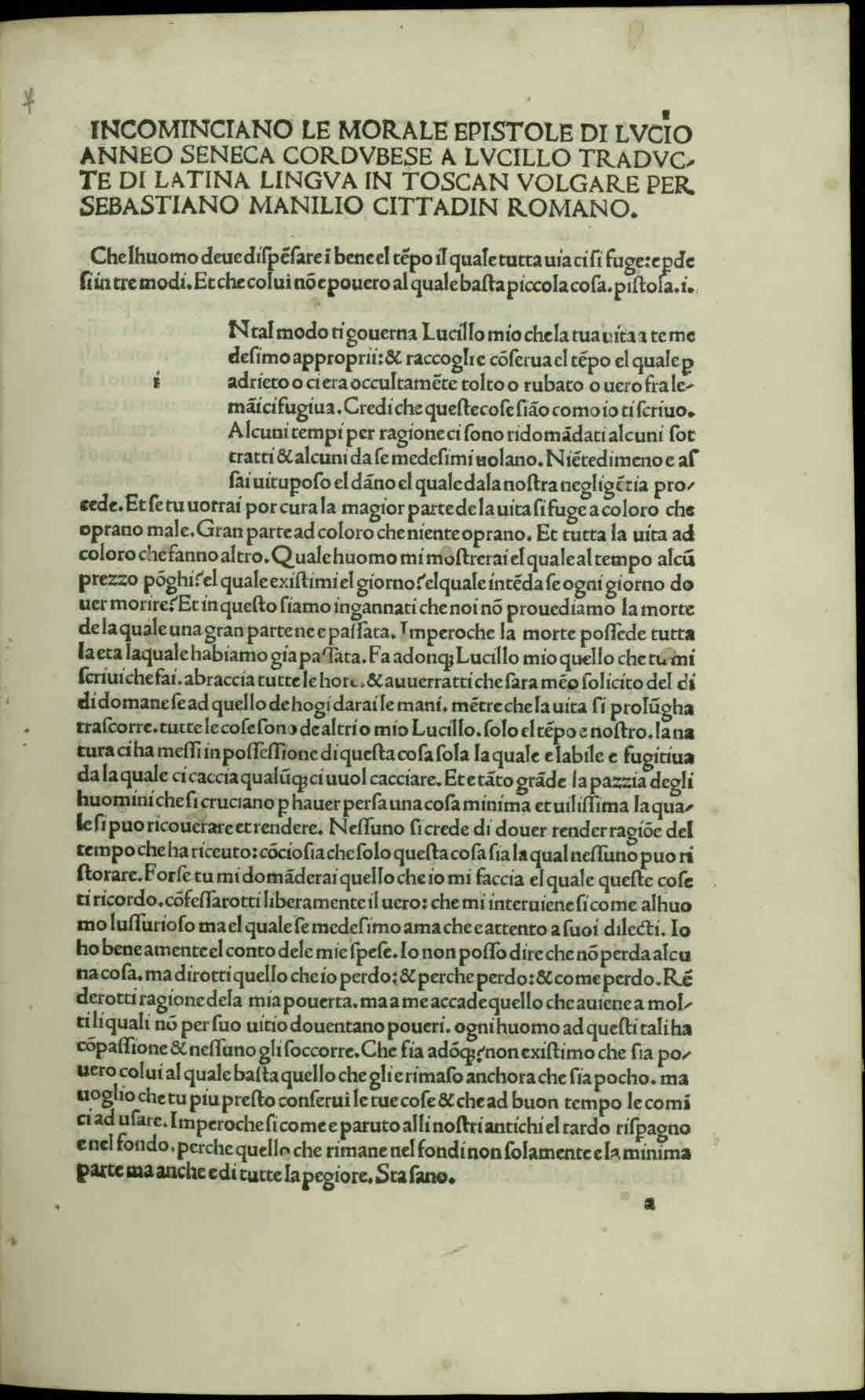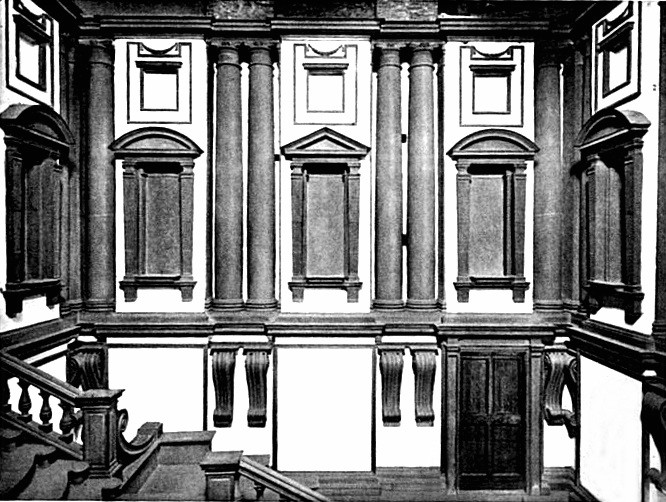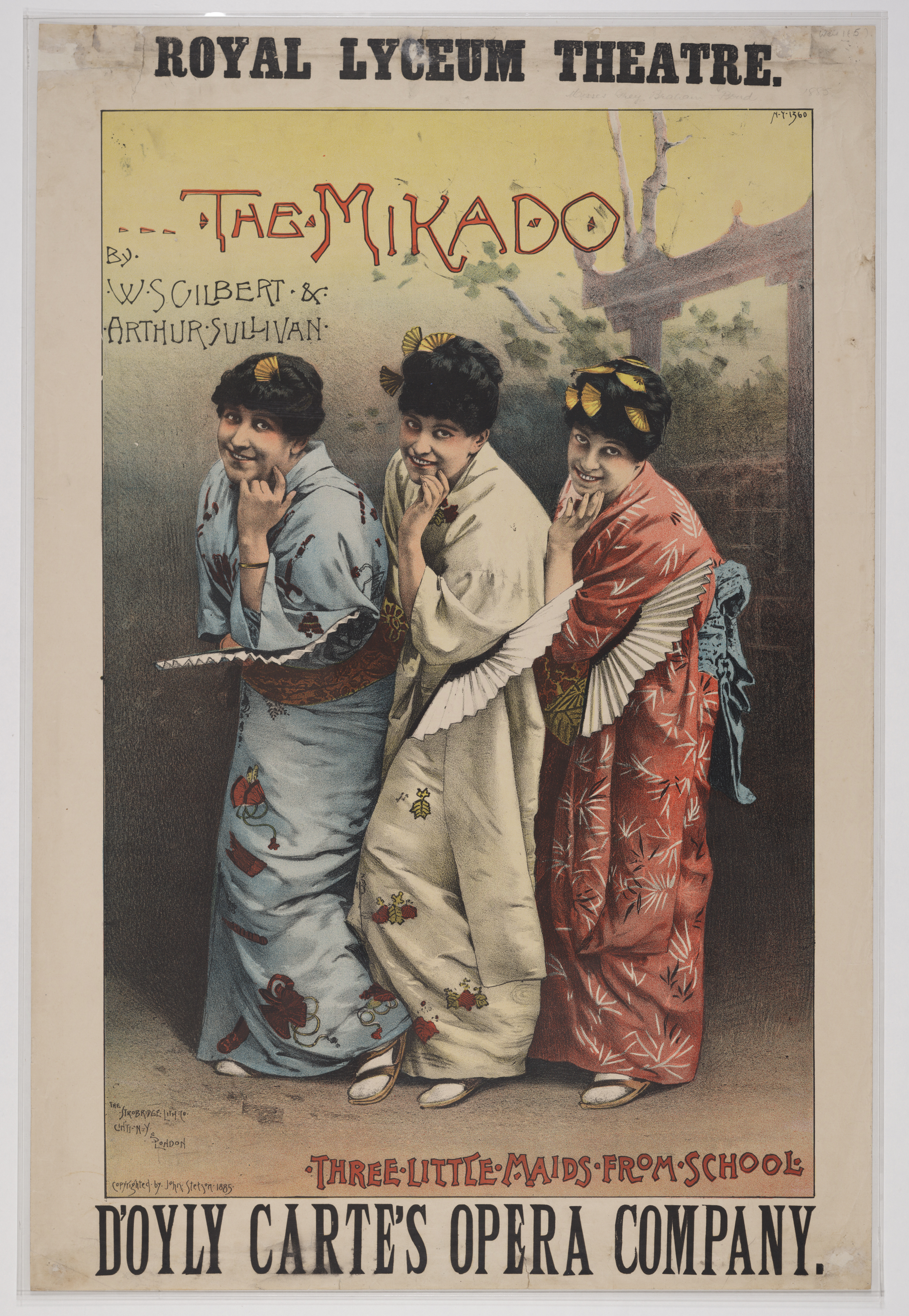|
Letters To Lucilius
The ' (Latin for "Moral Letters to Lucilius"), also known as the ''Moral Epistles'' and ''Letters from a Stoic'', is a collection of 124 letters that Seneca the Younger wrote at the end of his life, during his retirement, after he had worked for the Emperor Nero for more than ten years. They are addressed to Lucilius Junior, the then procurator of Sicily, who is known only through Seneca's writings. Regardless of how Seneca and Lucilius actually corresponded, it is clear that Seneca crafted the letters with a broad readership in mind. The letters often begin with an observation on daily life, and then proceed to an issue or principle abstracted from that observation. The result is like a diary, or handbook of philosophical meditations. The letters focus on many traditional themes of Stoic philosophy such as the contempt of death, the stout-heartedness of the sage, and virtue as the supreme good. Writing The ''Letters'' were probably written in the last three years of Seneca's lif ... [...More Info...] [...Related Items...] OR: [Wikipedia] [Google] [Baidu] |
Laurentian Library
The Laurentian Library (Biblioteca Medicea Laurenziana or BML) is a historic library in Florence, Italy, containing more than 11,000 manuscripts and 4,500 early printed books. Built in a cloister of the Medicean Basilica di San Lorenzo di Firenze under the patronage of the Medici pope Clement VII, the library was built to emphasize that the Medici were no longer just merchants but members of intelligent and ecclesiastical society. It contains the manuscripts and books belonging to the private library of the Medici family. The library building is renowned for its architecture that was designed by Michelangelo and is an example of Mannerism.Fazio, Michael; Moffett, Marian; Wodehouse, Lawrence, ''Buildings across Time'' (London: Lawrence King Publishing Ltd, 2009), pp. 308–310.Lotz, Wolfgang; Howard, Deborah, ''Architecture in Italy, 1500–1600'' (New Haven: Yale University Press, 1995), pp. 91–94. All of the book-bound manuscripts in the library are identified in its ''Codex La ... [...More Info...] [...Related Items...] OR: [Wikipedia] [Google] [Baidu] |
Epistles (Plato)
The ''Epistles'' (Greek: Ἐπιστολαί; Latin: ''Epistolae'') of Plato are a series of thirteen letters traditionally included in the Platonic corpus. Their authenticity has been the subject of some dispute, and scholarly consensus has shifted back and forth over time. They were "generally accepted as genuine until modern times"; but by the close of the nineteenth century, many philologists (such as Richard Bentley, Christoph Meiners, and Friedrich Ast) believed that none of the letters were actually written by Plato. Now every letter except the First has some defenders of its authenticity. The Twelfth is also widely regarded as a forgery, and the Fifth and Ninth have fewer supporters than the others.Platon, "Lettres", ed. by Luc Brisson, Flammarion, 2004, p. 70. The ''Epistles'' focus mostly on Plato's time in Syracuse and his influence on the political figures Dion and Dionysius. They are generally biographical rather than philosophical, although several, notab ... [...More Info...] [...Related Items...] OR: [Wikipedia] [Google] [Baidu] |
Alliteration
Alliteration is the conspicuous repetition of initial consonant sounds of nearby words in a phrase, often used as a literary device. A familiar example is "Peter Piper picked a peck of pickled peppers". Alliteration is used poetically in various languages around the world, including Arabic, Irish, German, Mongolian, Hungarian, American Sign Language, Somali, Finnish, Icelandic. Historical use The word ''alliteration'' comes from the Latin word ''littera'', meaning "letter of the alphabet". It was first coined in a Latin dialogue by the Italian humanist Giovanni Pontano in the 15th century. Alliteration is used in the alliterative verse of Old English, Old Norse, Old High German, Old Saxon, and Old Irish. It was an important ingredient of the Sanskrit shlokas. Alliteration was used in Old English given names. This is evidenced by the unbroken series of 9th century kings of Wessex named Æthelwulf, Æthelbald, Æthelberht, and Æthelred. These were followed in the 10th ... [...More Info...] [...Related Items...] OR: [Wikipedia] [Google] [Baidu] |
Hypotaxis
Hypotaxis is the grammatical arrangement of functionally similar but "unequal" constructs (from Greek ''hypo-'' "beneath", and ''taxis'' "arrangement"); certain constructs have more importance than others inside a sentence. A common example of syntactic expression of hypotaxis is the subordination of one syntactic unit to another in a complex sentence.Stanley Fish, ''How to Write a Sentence'' p 51 Another example is observed in premodification. In the phrase "inexpensive composite materials", "composite" modifies "materials" while "inexpensive" modifies the complex head "composite materials", rather than "composite" or "materials". In this example the phrase units are hierarchically structured, rather than being on the same level, as compared to the example "Cockroaches love warm, damp, dark places." Note the syntactic difference; hypotactic modifiers cannot be separated by a comma. John Keats's "Ode to a Nightingale" has an example of hypotaxis in the second stanza: "O, for a ... [...More Info...] [...Related Items...] OR: [Wikipedia] [Google] [Baidu] |
Parataxis
Parataxis (from el, παράταξις, "act of placing side by side"; from παρα, ''para'' "beside" + τάξις, ''táxis'' "arrangement") is a literary technique, in writing or speaking, that favors short, simple sentences, without conjunctions or with the use of coordinating, but not with subordinating conjunctions. It contrasts with syntaxis and hypotaxis. It is also used to describe a technique in poetry in which two images or fragments, usually starkly dissimilar images or fragments, are juxtaposed without a clear connection. Readers are then left to make their own connections implied by the paratactic syntax. Ezra Pound, in his adaptation of Chinese and Japanese poetry, made the stark juxtaposition of images an important part of English-language poetry. Etymology Edward Parmelee Morris wrote in 1901 that the term was introduced into linguistics by Friedrich Thiersch in his ''Greek Grammar'' (1831). The term has remained unchanged, but the concept of parataxis has e ... [...More Info...] [...Related Items...] OR: [Wikipedia] [Google] [Baidu] |
Moral Letters To Lucilius/Letter 8
A moral (from Latin ''morālis'') is a message that is conveyed or a lesson to be learned from a story or event. The moral may be left to the hearer, reader, or viewer to determine for themselves, or may be explicitly encapsulated in a maxim. A moral is a lesson in a story or in real life. Finding morals As an example of an explicit maxim, at the end of Aesop's fable of the Tortoise and the Hare, in which the plodding and determined tortoise won a race against the much-faster yet extremely arrogant hare, the stated moral is "slow and steady wins the race". However, other morals can often be taken from the story itself; for instance, that arrogance or overconfidence in one's abilities may lead to failure or the loss of an event, race, or contest. The use of stock characters is a means of conveying the moral of the story by eliminating complexity of personality and depicting the issues arising in the interplay between the characters, enabling the writer to generate a clear message ... [...More Info...] [...Related Items...] OR: [Wikipedia] [Google] [Baidu] |
Publilius Syrus
__NOTOC__ Publilius Syrus ( fl. 85–43 BC), was a Latin writer, best known for his sententiae. He was a Syrian from Antioch who was brought as a slave to Roman Italy. Syrus was brought to Rome on the same ship that brought a certain Manilius, astronomer - not the famous Manilius of the 1st century AD (see Pliny, ''NH'' X, 4-5), and Staberius Eros the grammarian. By his wit and talent, Syrus won the favour of his master, who granted him manumission and educated him. He became a member of the Publilia gens. Publilius' name, due to the palatalization of 'l' between two 'i's in the Early Middle Ages, is often presented by manuscripts (and some printed editions) in corrupt form as ' Publius', Publius being a very common Roman praenomen. Work His mimes, in which he acted, had a great success in the provincial towns of Italy and at the games given by Julius Caesar in 46 BC. Publilius was perhaps even more famous as an improviser. He received from Julius Caesar himself the prize in ... [...More Info...] [...Related Items...] OR: [Wikipedia] [Google] [Baidu] |
Lucretius
Titus Lucretius Carus ( , ; – ) was a Roman poet and philosopher. His only known work is the philosophical poem ''De rerum natura'', a didactic work about the tenets and philosophy of Epicureanism, and which usually is translated into English as ''On the Nature of Things''—and somewhat less often as ''On the Nature of the Universe''. Lucretius has been credited with originating the concept of the three-age system that was formalised in 1836 by C. J. Thomsen. Very little is known about Lucretius's life; the only certainty is that he was either a friend or client of Gaius Memmius, to whom the poem was addressed and dedicated. ''De rerum natura'' was a considerable influence on the Augustan poets, particularly Virgil (in his ''Aeneid'' and ''Georgics'', and to a lesser extent on the ''Eclogues'') and Horace. The work was almost lost during the Middle Ages, but was rediscovered in 1417 in a monastery in Germany by Poggio Bracciolini and it played an important role both ... [...More Info...] [...Related Items...] OR: [Wikipedia] [Google] [Baidu] |
Horace
Quintus Horatius Flaccus (; 8 December 65 – 27 November 8 BC), known in the English-speaking world as Horace (), was the leading Roman lyric poet during the time of Augustus (also known as Octavian). The rhetorician Quintilian regarded his ''Odes'' as just about the only Latin lyrics worth reading: "He can be lofty sometimes, yet he is also full of charm and grace, versatile in his figures, and felicitously daring in his choice of words."Quintilian 10.1.96. The only other lyrical poet Quintilian thought comparable with Horace was the now obscure poet/metrical theorist, Caesius Bassus (R. Tarrant, ''Ancient Receptions of Horace'', 280) Horace also crafted elegant hexameter verses (''Satires'' and '' Epistles'') and caustic iambic poetry ('' Epodes''). The hexameters are amusing yet serious works, friendly in tone, leading the ancient satirist Persius to comment: "as his friend laughs, Horace slyly puts his finger on his every fault; once let in, he plays about the heartstrin ... [...More Info...] [...Related Items...] OR: [Wikipedia] [Google] [Baidu] |
Ovid
Pūblius Ovidius Nāsō (; 20 March 43 BC – 17/18 AD), known in English as Ovid ( ), was a Roman poet who lived during the reign of Augustus. He was a contemporary of the older Virgil and Horace, with whom he is often ranked as one of the three canonical poets of Latin literature. The Imperial scholar Quintilian considered him the last of the Latin love elegists.Quint. ''Inst.'' 10.1.93 Although Ovid enjoyed enormous popularity during his lifetime, the emperor Augustus banished him to Tomis, a Dacian province on the Black Sea, where he remained a decade until his death. Overview A contemporary of the older poets Virgil and Horace, Ovid was the first major Roman poet to begin his career during Augustus's reign. Collectively, they are considered the three canonical poets of Latin literature. The Imperial scholar Quintilian described Ovid as the last of the Latin love elegists.Quint. ''Inst.'' 10.1.93 He enjoyed enormous popularity during his lifetime, but the emperor Augus ... [...More Info...] [...Related Items...] OR: [Wikipedia] [Google] [Baidu] |
Virgil
Publius Vergilius Maro (; traditional dates 15 October 7021 September 19 BC), usually called Virgil or Vergil ( ) in English, was an ancient Roman poet of the Augustan period. He composed three of the most famous poems in Latin literature: the ''Eclogues'' (or ''Bucolics''), the ''Georgics'', and the epic ''Aeneid''. A number of minor poems, collected in the ''Appendix Vergiliana'', were attributed to him in ancient times, but modern scholars consider his authorship of these poems as dubious. Virgil's work has had wide and deep influence on Western literature, most notably Dante's ''Divine Comedy'', in which Virgil appears as the author's guide through Hell and Purgatory. Virgil has been traditionally ranked as one of Rome's greatest poets. His ''Aeneid'' is also considered a national epic of ancient Rome, a title held since composition. Life and works Birth and biographical tradition Virgil's biographical tradition is thought to depend on a lost biography by the Roman ... [...More Info...] [...Related Items...] OR: [Wikipedia] [Google] [Baidu] |





